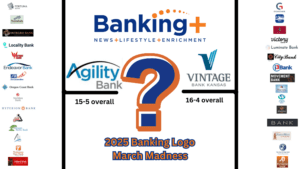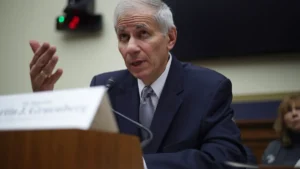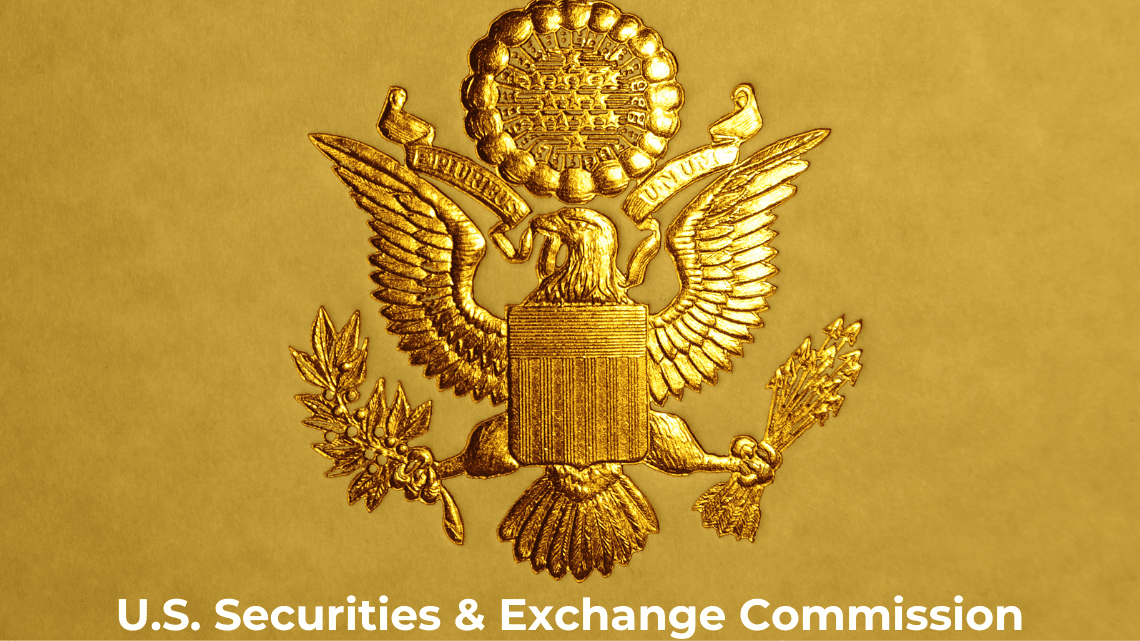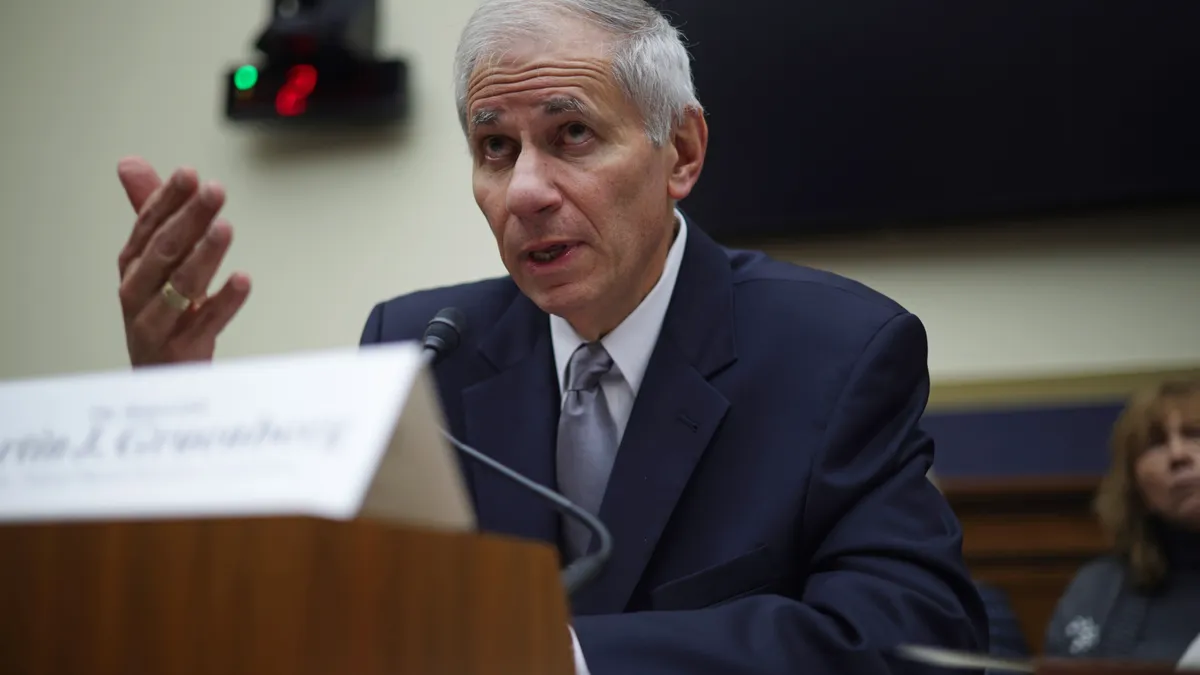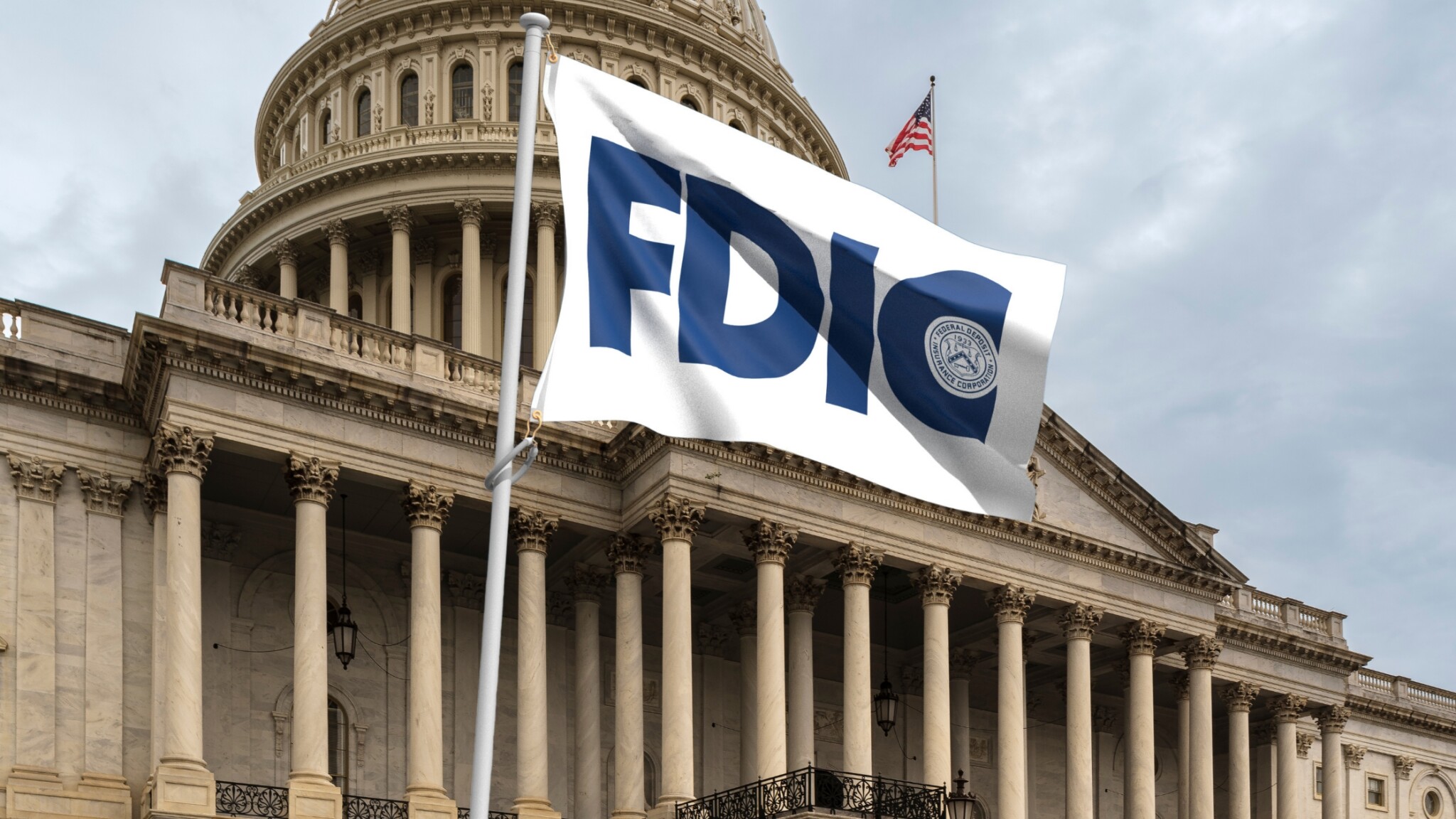In a coordinated enforcement action by 48 state financial regulators, financial services provider Block, Inc. will pay an $80 million fine and undertake corrective action for violations of the Bank Secrecy Act (BSA) and Anti-Money Laundering (AML) laws.
More than 50 million consumers use Cash App, Block’s mobile payment service, to spend, send, store, and invest money.
Terms of Block’s Settlement Agreement
In the recently signed multistate Block settlement, Block agreed to:
- Pay the assessed penalty to the state agencies
- Hire an independent consultant to review the comprehensiveness and effectiveness of its BSA/AML program
- Submit a report to the states within nine months, adhering to a 12-month window to correct any deficiencies found in the review after the report is filed
State regulators in Arkansas, California, Massachusetts, Florida, Maine, Texas, and Washington State led the multistate enforcement effort. Block cooperated with the states in the settlement.
BSA/AML Compliance: Due Diligence Requirements
Under BSA/AML rules, financial services firms are required to perform due diligence on customers, including:
- Verifying customer identities
- Reporting suspicious activity
- Applying appropriate controls for high-risk accounts
State regulators found Block was not in compliance with certain requirements, creating the potential that its services could be used to support money laundering, terrorism financing, or other illegal activities.
Related AML Cases and Enforcement Actions
Driven by advances in technology, industry experts have noted an upswing in AML activity and expect the trend to continue throughout 2025, as reported by Silent Eight, a financial crime compliance advisory firm.
Banking+ has been following this issue for several months; its coverage has included:
- TD Bank CEO Vows to Fix Compliance Issues After Money Laundering Probe
- Silvergate Bank Settles AML & Investor Misconduct Charges for $63 Million
- TD Bank Class Action Lawsuit Over AML Deficiencies
- How Trump’s SEC Could Reshape U.S. Financial Regulations
The Role of State Financial Regulators in Money Transmission
Through a strong, nationwide regulatory framework, state financial regulators license and serve as the primary supervisor of money transmitters. States license more than 700 money transmitters, and 99 percent of transmission activity through those firms is governed by the state-developed Money Transmission Modernization Act.
To protect consumers and enforce safety and soundness requirements, state regulators regularly coordinate the supervision of multistate firms and, when necessary, initiate enforcement actions. This coordination—Networked Supervision—supports consistency and collaboration, while preserving the authority of individual states to take direct action.
Understanding State Financial Regulation
Consumers who have questions about the settlement should contact their state financial regulators. Consumers can also visit NMLS Consumer Access to verify that a company is licensed to do business in their state, and they may also view past enforcement actions.
State financial regulators license and supervise more than 34,000 nonbank financial services companies through the Nationwide Multistate Licensing System, including mortgage companies, money services businesses, consumer finance providers, and debt collectors.
For more information, refer to the CSBS backgrounder on the enforcement action. Additional information on the state regulatory framework for money transmission can be found at the Conference of State Bank Supervisors.










